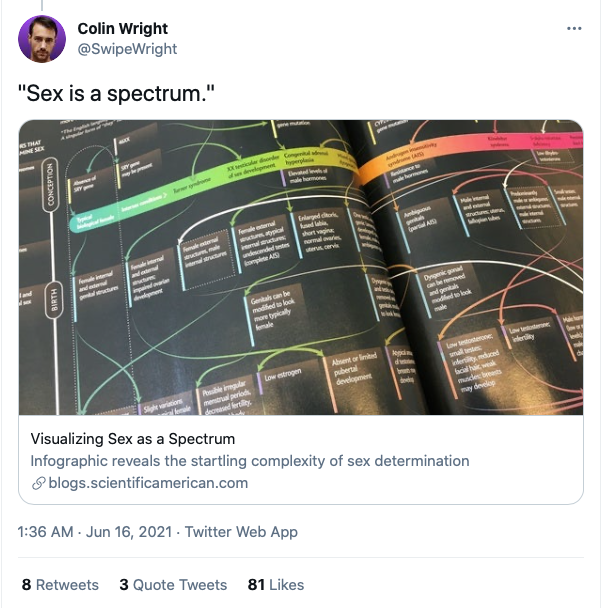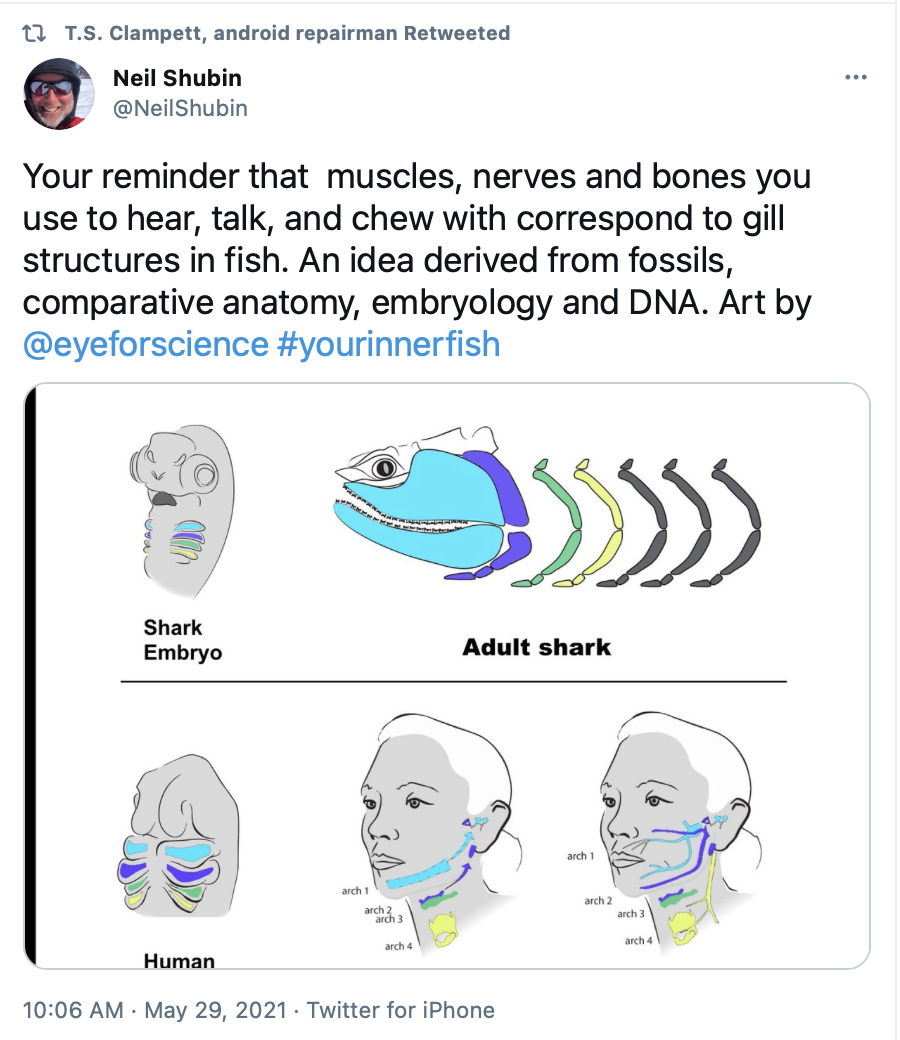The Problem with the Transgender Affirmative Care Standard
This is an excerpt from a review of Abigail Shier's book Irreversible Damage by Dr. Harriet Hall, from a section called, "The customer is always right."
A new “affirmative care” standard of mental health care has been adopted by nearly every medical accrediting organization. The American Psychological Association guidelines go much further than respecting and supporting trans identities; they mandate that therapists adopt gender ideology themselves. Therapists must accept and affirm the patient’s self-diagnosis. Shrier likens this to telling an anorexic teen “If you think you are fat, then you are. Let’s talk about liposuction and weight-loss programs”. She asks whether a standard guided less by biology than by political correctness is in the best interests of the patient.Dr. Hall emphasizes that she is open to current treatments, but only where the patient needs them:We don’t provide affirmative care for anorexia. We don’t say “Yes, you are fat” and offer to help them reduce their weight even more. Part of a therapist’s role is to question a patient’s self-assessment.
I support hormones and gender surgeries for adults who will benefit from them. I care about the welfare of these adolescent girls and it bothers me that some of them may be unduly influenced and take irreversible steps they will later regret.
Dr. Hall concludes:
[Abigail Shrier's book] will undoubtedly be criticized just as Lisa Littman’s study was. Yes, it’s full of anecdotes and horror stories, and we know the plural of anecdote is not data, but Shrier looked diligently for good scientific studies and didn’t find much. And that’s the problem. We desperately need good science, and it’s not likely to happen in the current political climate. Anyone who addresses this subject can expect to be attacked by activists. Is ROGD a legitimate category? We don’t know, since the necessary controlled studies have not been done. I fully expect Shrier to be called a transphobe and to be vilified for harming transgender people, and I’m sure I will be labeled a transphobe just for reviewing her book.
She brings up some alarming facts that desperately need to be looked into. The incidence of teen gender dysphoria is rising and appears to be linked to internet influences and social peer groups. The number of people identifying as lesbians is dropping. Therapists are accepting patients’ self-diagnoses unquestioningly, and irreversible treatments are being offered without therapist involvement. We know at least some of these patients will desist and detransition, and we have no way to predict which ones. Children are being instructed in how to lie to parents and doctors to coerce them into providing the treatments they want. Families are being destroyed.



